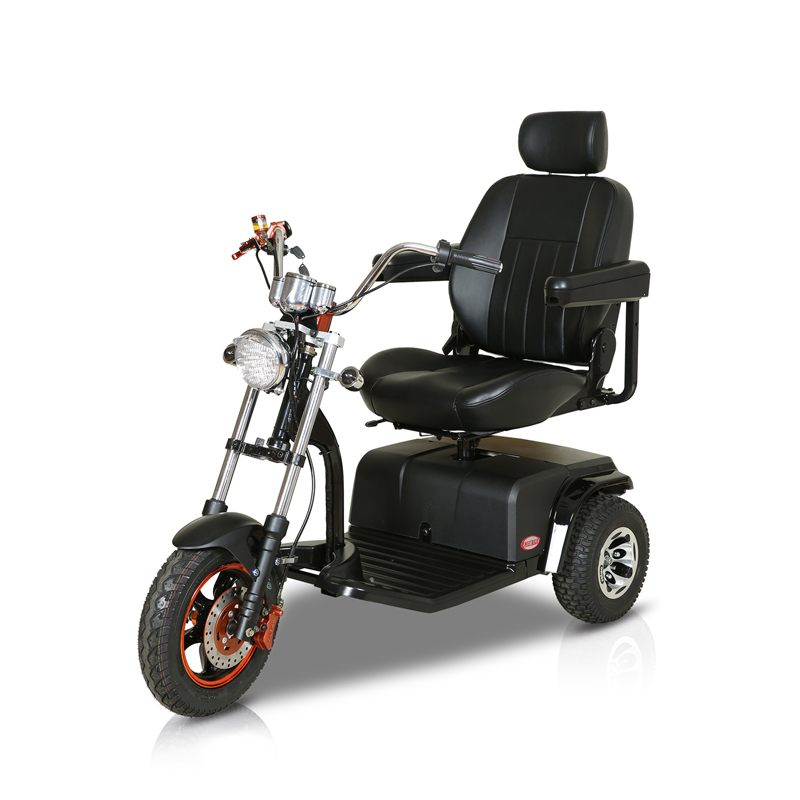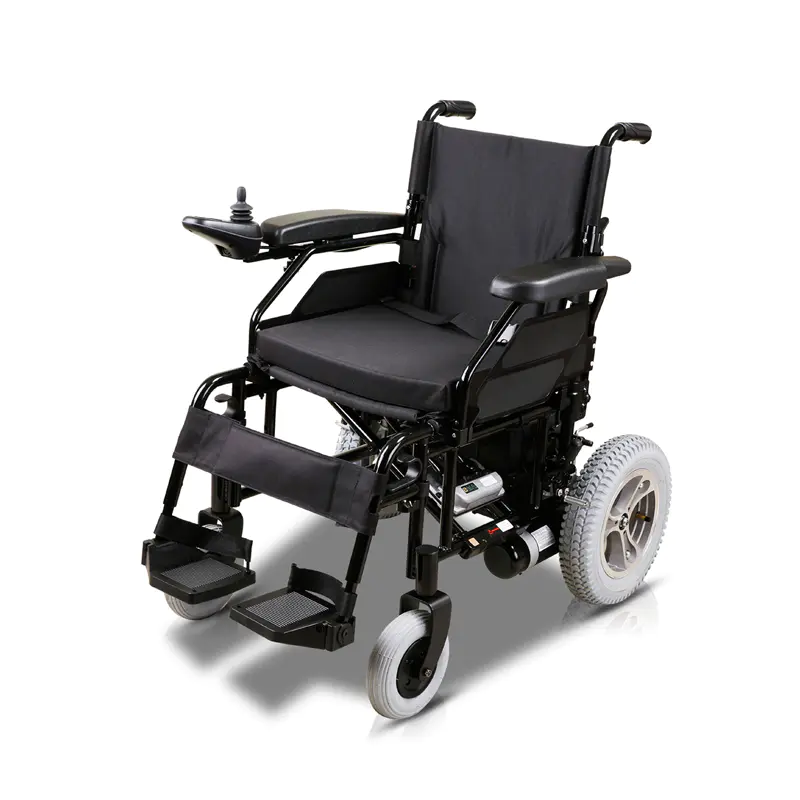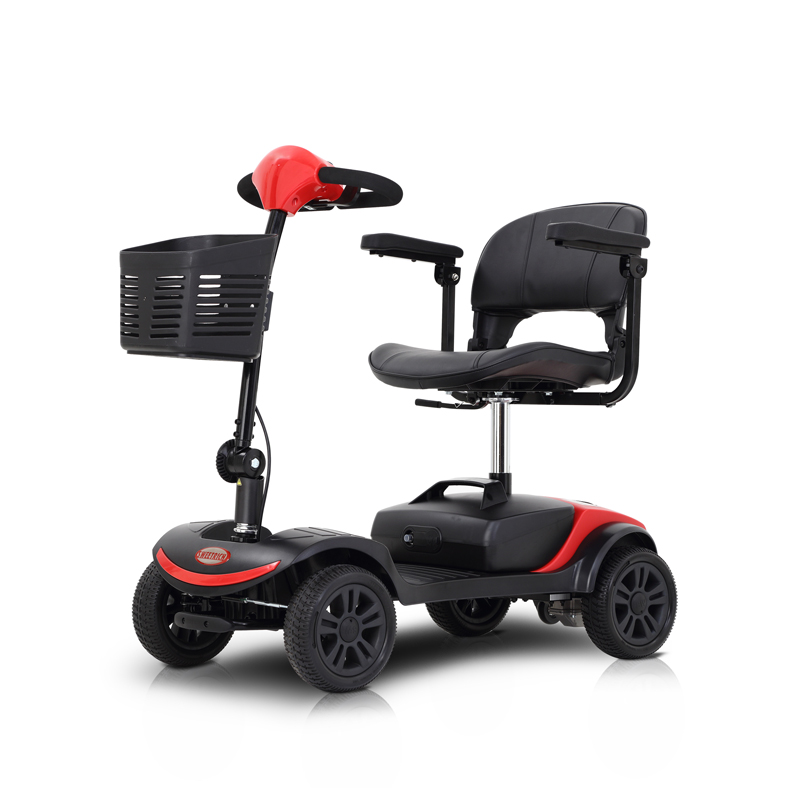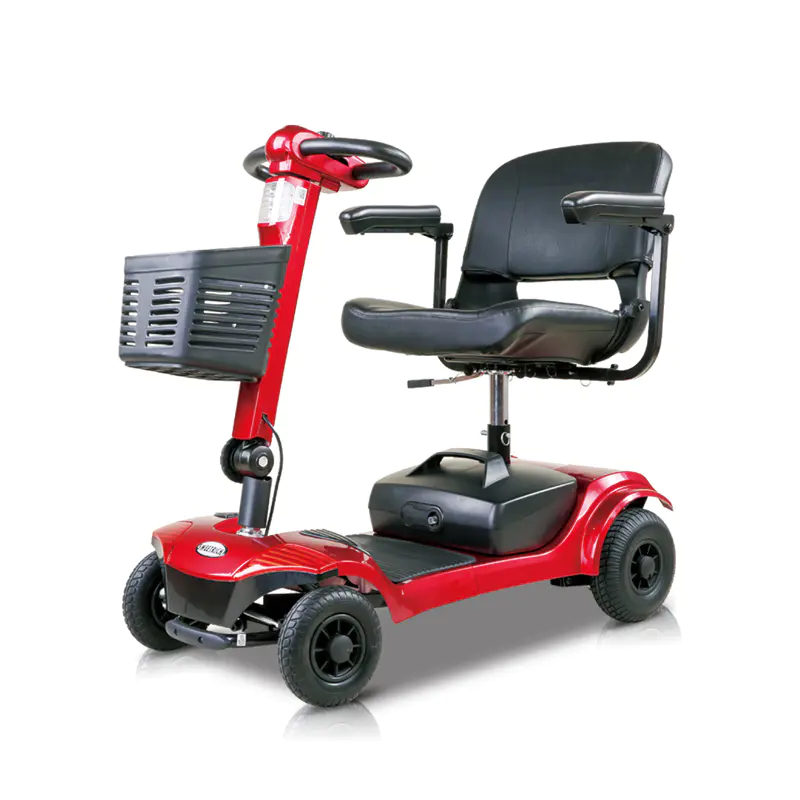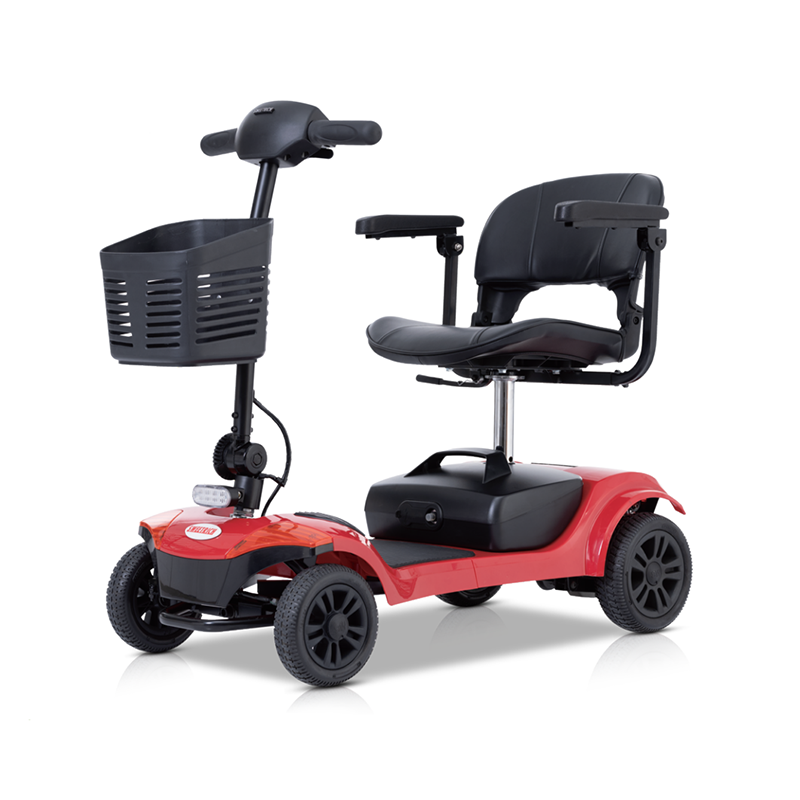In the evolving personal transportation sector, the demand for compact, efficient, and health-oriented mobility solutions is steadily increasing. Businesses exploring micro-mobility products are turning toward the performance and adaptability of the Wholesale Lightweight Scooter, a product category being redefined by advancements in battery technology and user-centered engineering. From solid-state battery integration to ergonomic enhancements for rehabilitation and senior riders, this segment is reshaping the understanding of accessible transport.
One notable development is the use of solid-state batteries. Known for their compact size, enhanced safety, and improved charge density, these batteries offer better energy capacity, thermal control, and recharging efficiency. Compared with traditional lithium-based systems, solid-state power units deliver more consistent output over time with reduced performance loss. For lightweight scooters, this translates into longer range and lighter frame weight—well-suited for designs that prioritize easy handling and responsive control.
This evolution removes earlier design constraints. Engineers are now utilizing these compact power units to optimize frame architecture. With less space needed for the battery pack, manufacturers can reshape chassis lines for more balanced weight distribution and improved rider ergonomics. Lower deck height and thinner base structure allow users with reduced strength or balance to step on and off the scooter with greater ease and confidence.
As energy systems improve, the structural design of scooters continues to evolve. The use of aluminum alloys and reinforced polymers combines lightweight construction with necessary durability. These materials make the scooter easier to lift, store, and transport—an important advantage for individuals experiencing limited mobility or recovering from injury. When paired with a low center of gravity, the scooter remains stable across uneven terrain and during directional shifts.
For users requiring rehabilitation or additional support, adaptive models play a crucial role. Features like adjustable handlebars, slip-resistant foot platforms, and flexible throttle control help meet the needs of those with restricted joint mobility or post-surgery sensitivity. Advanced motor systems allow smoother acceleration and deceleration, helping reduce physical strain during operation.
Seating integration, while often overlooked, has a significant impact on ride comfort. Cushioned and ergonomically shaped seats with adjustable backrests help maintain posture and distribute weight evenly. This enhances comfort over extended periods and reduces the likelihood of fatigue, supporting more regular, independent use.
Foldable and detachable models have further expanded mobility options beyond home or clinic settings. With reduced storage dimensions, users can place their scooter into a car trunk or overhead compartment during travel. This is especially helpful for those transitioning between indoor and outdoor spaces, including sidewalks, tiled corridors, or carpeted areas.
The combination of smart energy systems with ergonomic design is reshaping what mobility solutions can deliver. In the field of lightweight scooters, Sweetrich brings together efficient power with adaptive comfort, bridging the gap between personal movement and health support needs.

